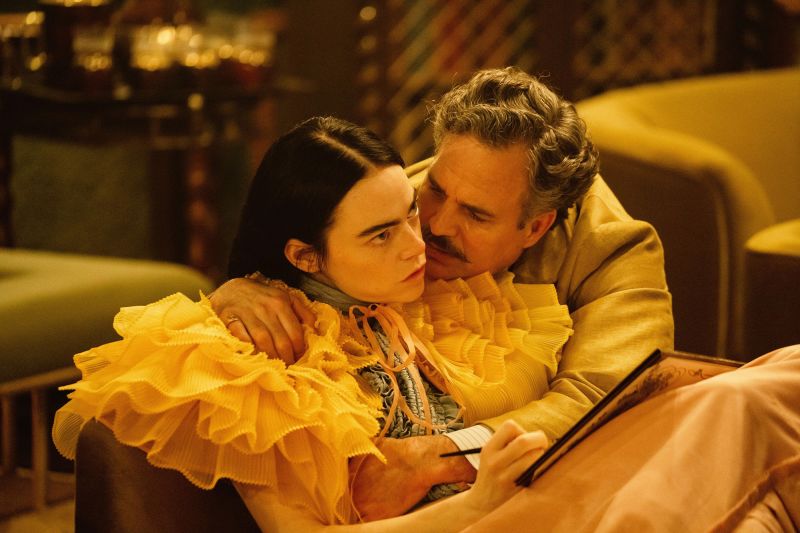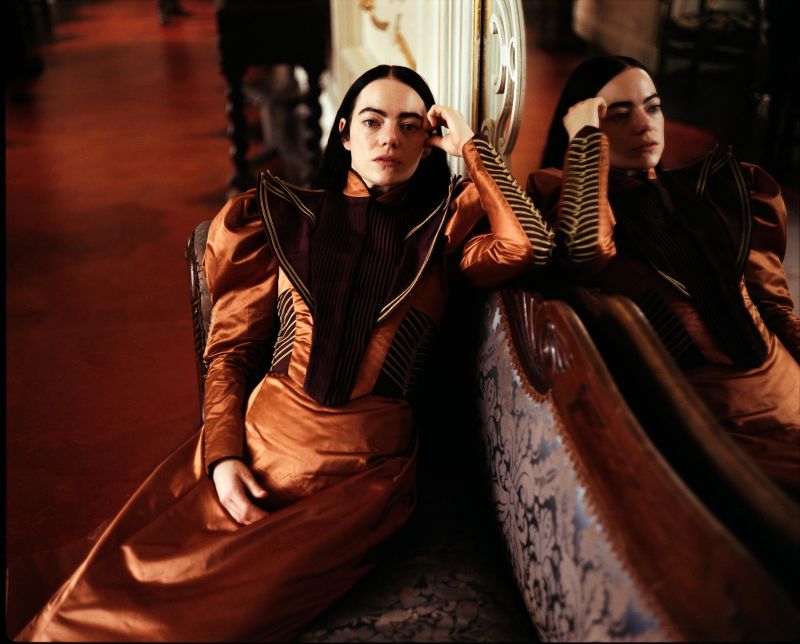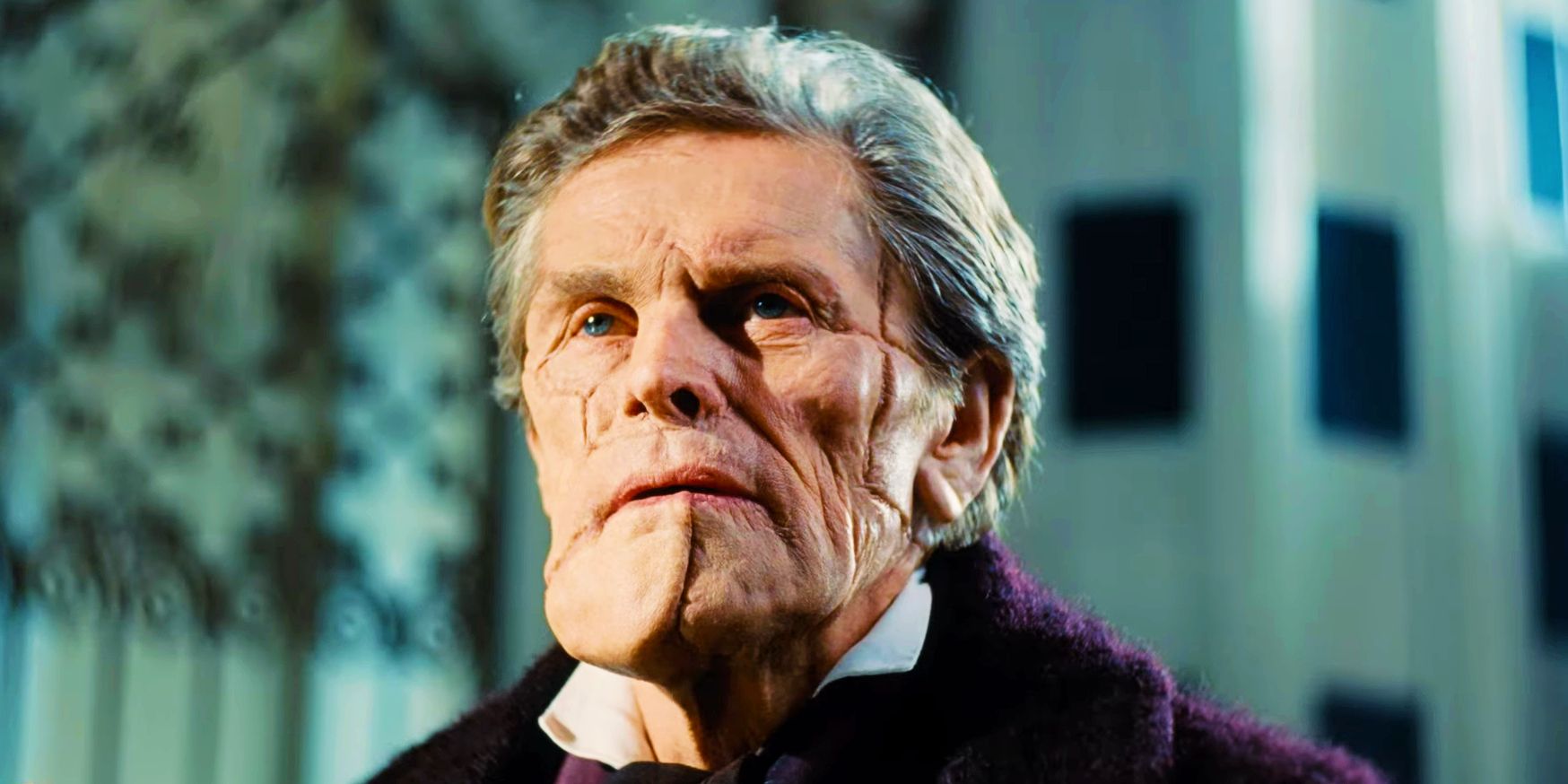
Emma Stone Responds to Criticism of Sex Scenes in 'Poor Things'

Hollywood star Emma Stone has responded to criticism of the graphic sex scenes in her latest film, 'Poor Things,' telling the BBC that sex is a crucial part of her character’s storyline. The uproarious, frequently filthy adaptation of Scottish writer Alasdair Gray’s 1992 novel follows Stone’s character, Bella Baxter, a deceased woman reanimated with the brain of an unborn child. Sex plays an important role in the film as one way Bella learns to understand her body, and how others covet it.
The Role of Sex in Bella's Journey
Hollywood star Emma Stone has responded to criticism of the graphic sex scenes in her latest film, 'Poor Things,' telling the BBC that sex is a crucial part of her character’s storyline. The uproarious, frequently filthy adaptation of Scottish writer Alasdair Gray’s 1992 novel follows Stone’s character, Bella Baxter, a deceased woman reanimated with the brain of an unborn child. Sex plays an important role in the film as one way Bella learns to understand her body, and how others covet it.
Stone (left) with co-star Mark Ruffalo (right), who plays Duncan Wedderburn, one of Bella's not-so-suitable suitors.
There’s a sex-positive, third-wave feminism to her, taken to extremes when Bella learns she can profit from the activity she loves and turns to prostitution to fund her studies. 'We are our own means of production,' she jokes. Though the film, which was released on December 22 in the US and January 12 in the UK, has mostly received positive reviews, its frank and abundant sex scenes have proved too much for some movie-goers and critics.
Stone plays a woman who is brought back to life with the brain of a baby.
Stone responded that the decision had been subject to a lot of discussion during the making of the film. 'So much of this was about being true to Bella’s experience,' she said. 'It (sex) is obviously a huge part of her experience and her growth, as it is, I think, for most people in life,' Stone explained. 'But I see it as just one aspect of many to her - her discovery of food or philosophy, travel and dance. Sex is another aspect,' she continued.
Emma Stone in POOR THINGS. Photo by Yorgos Lanthimos, Courtesy of Searchlight Pictures. © 2023 Searchlight Pictures All Rights Reserved.
Emma Stone's Perspective
'One of the things that we had talked about from very early on and I thought was extremely important was that Bella is completely free and without shame about her body,' said Stone. 'She doesn’t know to be embarrassed by these things or to cover things up or not dive into the full experience when it comes to anything.' 'So for the camera to sort of shy away from that, or to say like, ‘OK, well, we’ll just cut all of this out because our society functions in a particular way’… it felt like a lack of being honest about who Bella is,' she said.
'I’m not a person that just wants to be naked all the time, but I am someone who wants to honor the character as fully as I possibly can,' said Stone. 'That’s part of her journey, so who am I to say that should be shameful?' she added.
Stone plays a woman who is brought back to life with the brain of a baby. 'I’m not a person that just wants to be naked all the time, but I am someone who wants to honor the character as fully as I possibly can,' said Stone. 'That’s part of her journey, so who am I to say that should be shameful?' she added.
Director's Response
Ahmed then asked the film’s director, Yorgos Lanthimos, whether he had any concerns about its portrayal of prostitution as a 'liberating learning experience' compared with 'the reality of prostitution as overwhelming exploitation of women.' 'Not really,' said Lanthimos. 'It’s in the same tone as the rest of the film.' 'There’s a logic behind it that is fully supported by her journey and her way of coming to terms with the world and educating herself,' he added. 'I don’t see how you can connect it with contemporary or historical prostitution … The story is very clear what it is.'
















